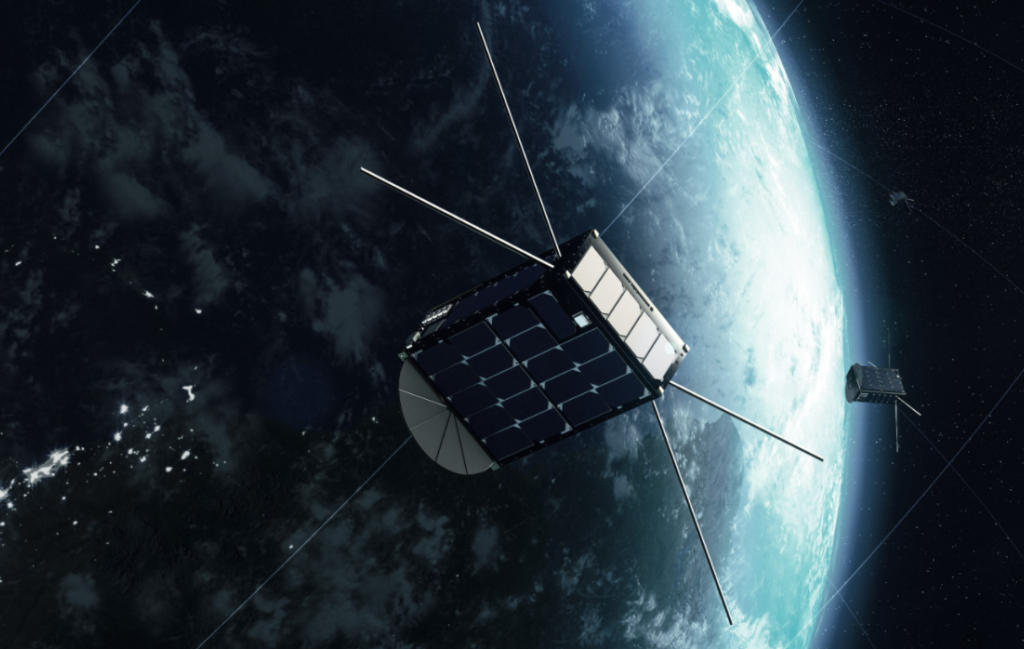French maritime surveillance provider Unseenlabs is set to advance its ambitious satellite constellation with the imminent launch of its 12th and 13th nanosatellites, marking a significant stride towards a real-time vessel tracking system slated for deployment by 2025.
German launch services provider Exolaunch will oversee the integration of the BRO-12 and BRO-13 (Breizh Reconnaissance Orbiter) satellites onto a Falcon 9 rocket, scheduled to lift off from Vandenberg Space Force Base in California. Unseenlabs announced this development on February 20, as part of SpaceX's Transporter 10 rideshare mission.
Clement Galic, CEO, and co-founder of Unseenlabs, highlighted the capabilities of the company's radio-frequency geolocation network, consisting of 11 satellites. Galic noted that the current network can monitor and track signals from ships traversing the world's oceans every four to six hours.
“Our constellation offers enhanced services valuable for real-time environmental monitoring, rapid response to maritime disasters, and live tracking of pollutant emissions,” Galic stated, emphasizing the potential applications beyond traditional vessel tracking.
Unseenlabs, established nine years ago, commenced commercial operations shortly after deploying its inaugural satellite in August 2019. Galic revealed that the company has since attracted a diverse clientele comprising undisclosed commercial entities and government agencies.
The utilization of Automatic Identification Systems (AIS) aboard ships facilitates coastal stations and satellite tracking. While vessels seeking to evade surveillance may deactivate AIS, Unseenlabs' satellites detect passive radio frequencies emitted by radars and electronic systems onboard ships.
Looking ahead, Unseenlabs envisions deploying a total of six satellites in 2024, aiming to achieve a constellation of 25 satellites. By the conclusion of 2025, Galic anticipates having approximately 20 satellites operational, thus enabling a revisit time of approximately 30 minutes over specific areas, bolstering the constellation's surveillance capabilities.
Despite declining to disclose intricate details about upcoming launch endeavors, Galic acknowledged Unseenlabs' prior collaboration with Arianespace's Vega rocket. The company's decision to opt for SpaceX's Falcon 9 rocket underscores the competitiveness of the commercial space surveillance sector.
Unseenlabs garnered significant investment in 2021, securing 20 million euros ($22 million) to support the expansion of its satellite constellation amid intensifying competition in the surveillance market. The entry of U.S.-based HawkEye 360, bolstered by its acquisition of Maxar's radio frequency intelligence unit, and the resurgence of British company Horizon Space Technologies, funded by the UK Space Agency, exemplify the burgeoning competition in the maritime surveillance sphere.
